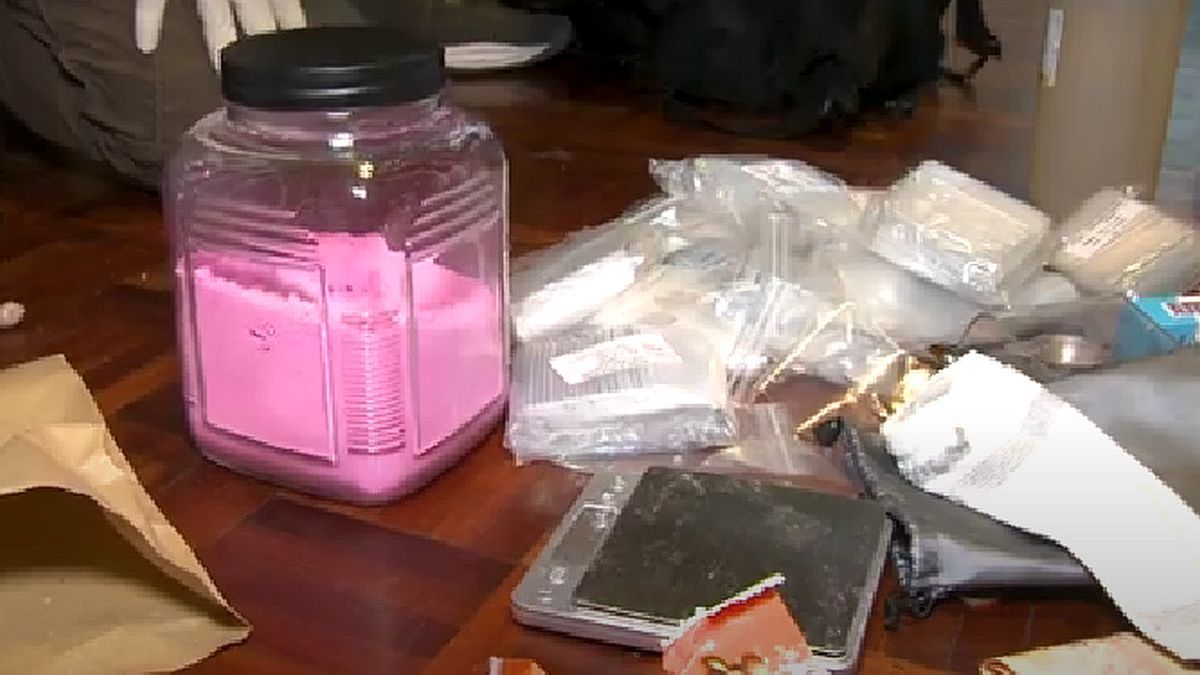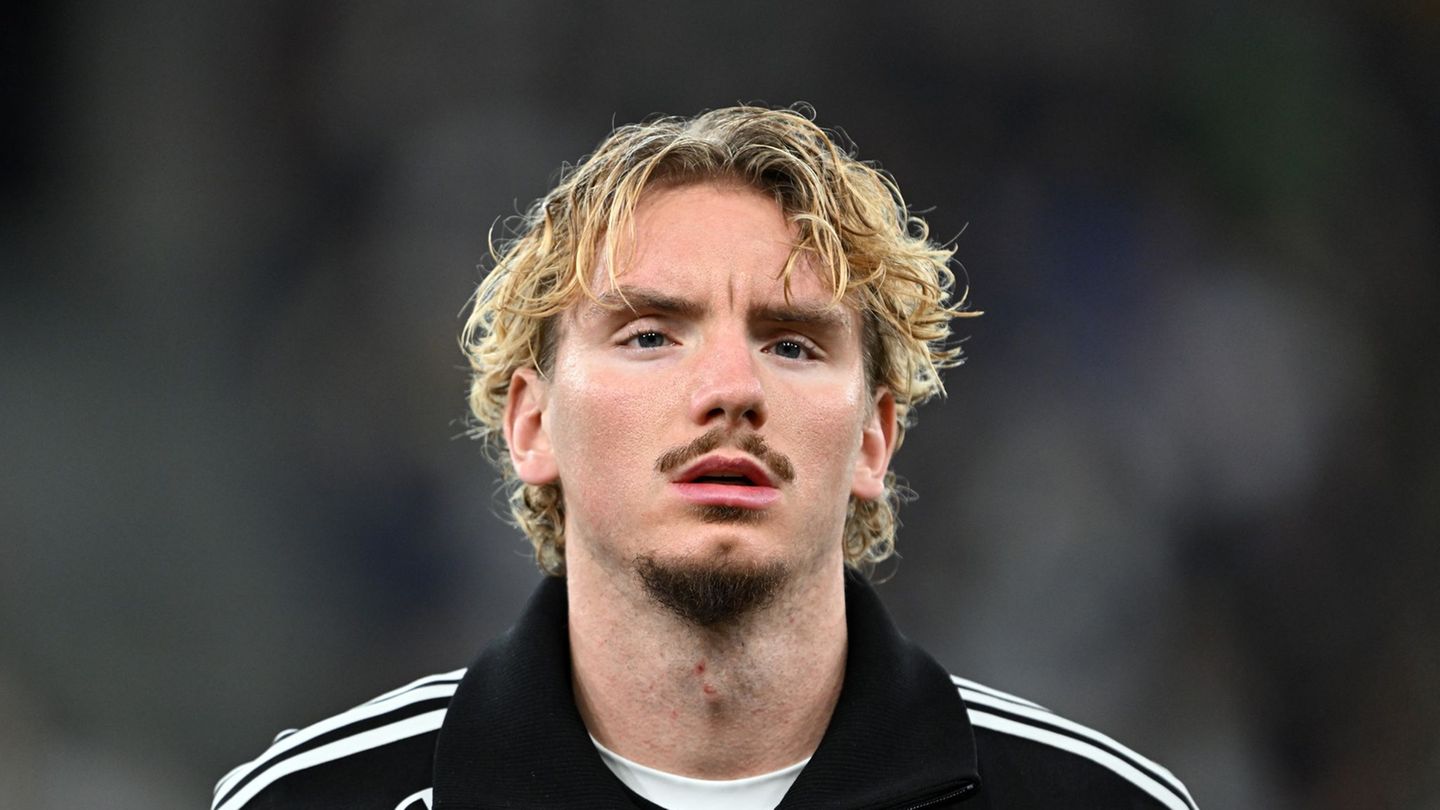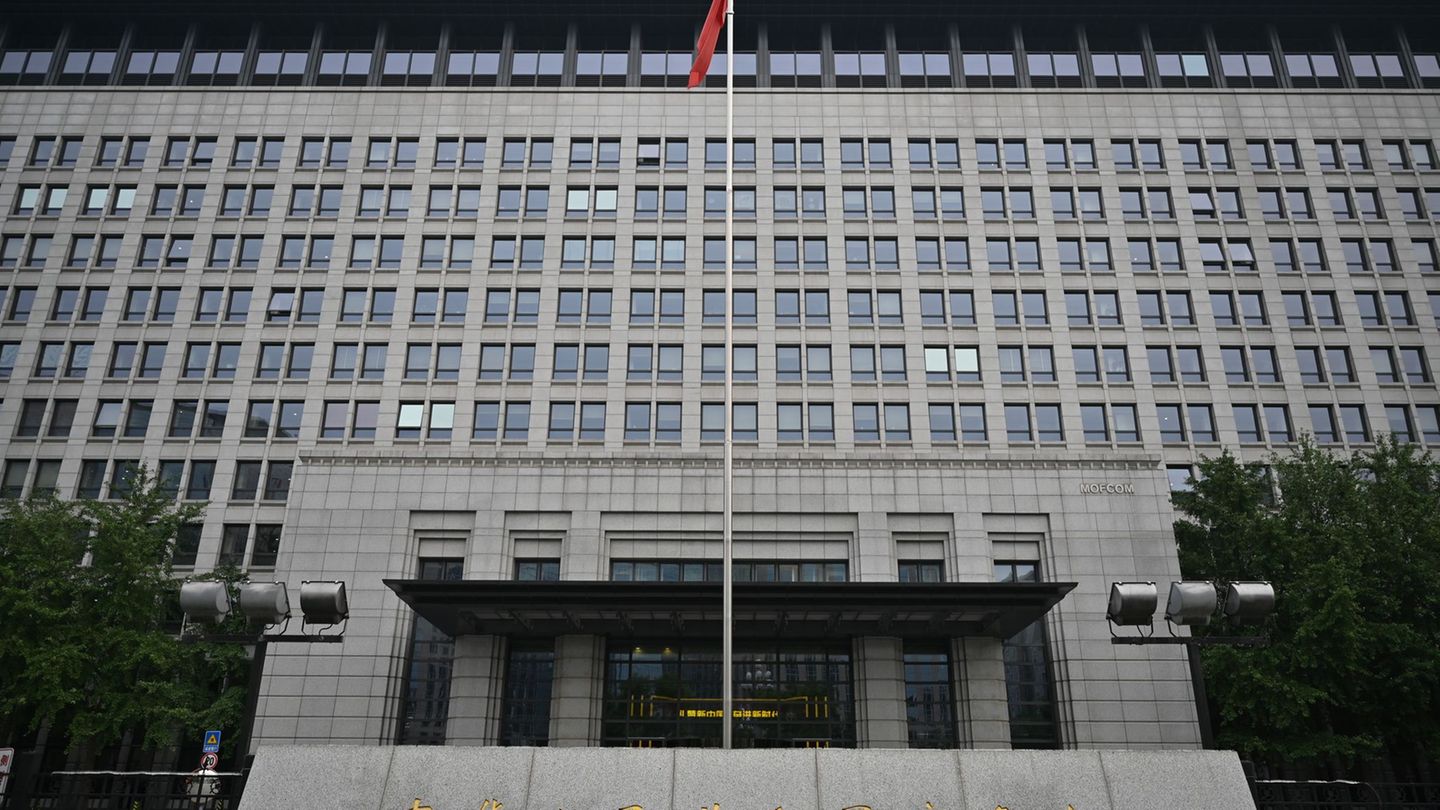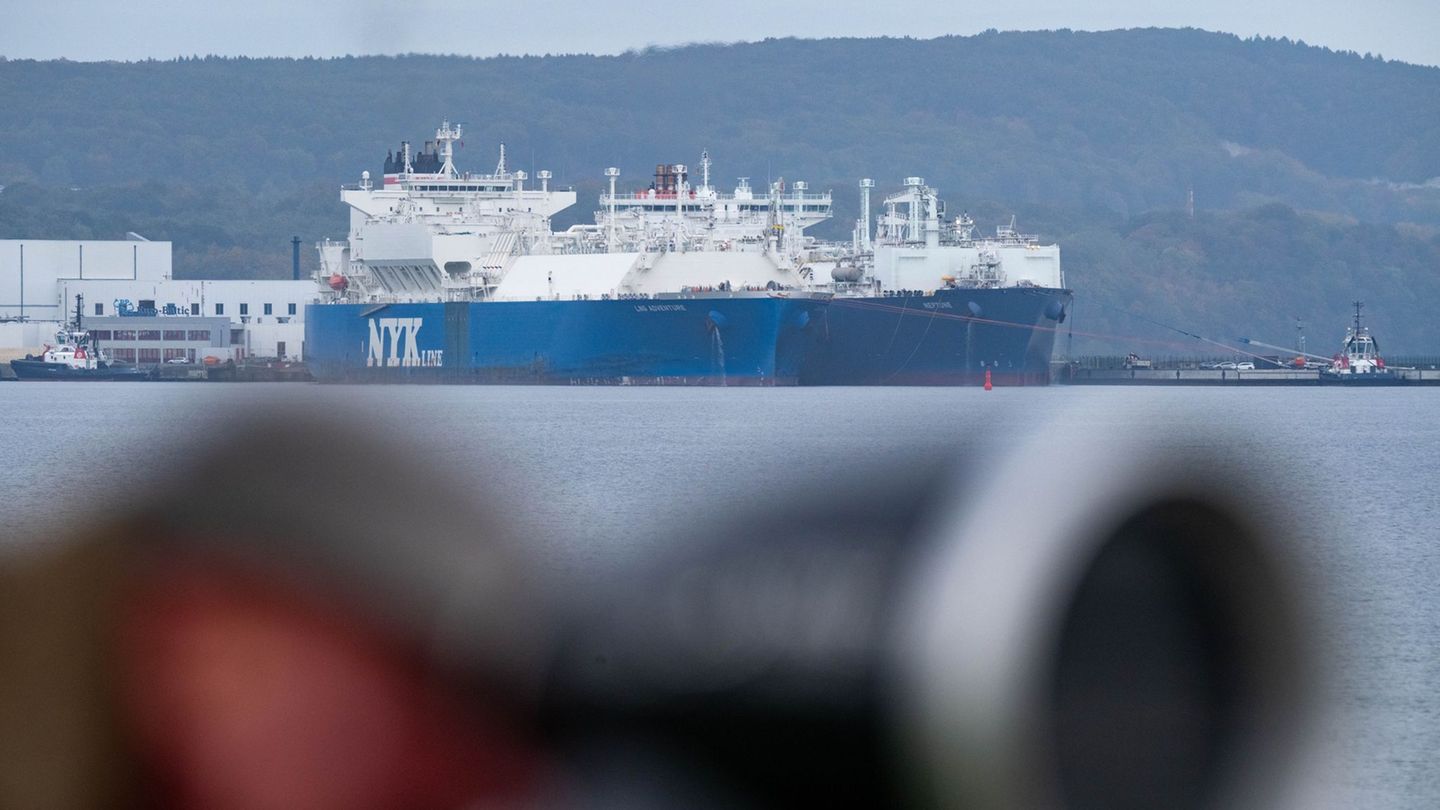The mayor of Amsterdam consider that regulating the use of hard drugs such as cocaine and ecstasy It would be the only means of fighting drug trafficking. In addition, he spoke of the “disastrous” effects on the youth of the Dutch capital.
“We could imagine that cocaine can be obtained in pharmacies or through the medical system”said the mayor, Femke Halsema, in an interview with AFP.
What the mayor said about cocaine regulation
The environmental leader57 years old, has been at the helm of the city since 2018, known worldwide for its commercial and tourist dynamism and for its coffee shops, enabled for the sale and consumption of cannabis. But still, drug trafficking continues to move billions of euros every year and constitutes a threat to vulnerable young people.
holland.jpg
The canals of Amsterdam, one of the typical postcards of the Netherlands.
Pixabay
“I think that“Some drugs are dangerous and it would be wise to reduce their consumption,” Halsema declared. But “the way we are doing it does not help (…) and we will have to reflect on best methods to regulate drugs”he added.
Amsterdam: the place where there are coffee shops and also drug trafficking
In Amsterdamimportant drug trafficking platform, 80% of police activities focus on combating crime related to drug trafficking, he said.
He impact of drug trafficking is “disastrous” for the youth of Amsterdam, where the use of hard drugs is quickly trivialized, as in other European capitals, he noted. Despite police measures, “the price of cocaine on the street did not change and therefore [la represión] It didn’t have much effect,” he admitted.
“Isn’t it ridiculous then that we leave drug trafficking in the hands of criminals and that we don’t try to find a civilized market model?” asks Femke Halsema.
The change of opinion on the regulation of cocaine
This shot of position is criticized, especially for the mayor of Antwerp Bart de Wever“a big supporter of the war on drugs,” says Halsema. The Belgian port city has become in recent years the main gateway for cocaine in Europe.
The authorities of another important traffic point, Rotterdam, They attack another aspect of the chain and launched a campaign last year that targets users, after indicating that each “line” or “pill” supports criminal networks.
“Are consumers criminals? I don’t think so”and criminalizing them has not had the expected effects on the other side of the Atlantic, where prisons are full and the health effects remain disastrous, according to Halsema.
The debate in the Netherlands on drug regulation
In the Netherlands, as in many nations, The debate is “emotional and moral. “Drugs harm health, drugs are bad, it is immoral to use them,” says Mayor Halsema.
“And rarely is there an economic or more pragmatic or financial discussion in that regard,” he adds. Now what the national “conservative” government “does not want to talk about it”, Mayor Halsema opened an international discussion. She invited decision-makers from around the world at the end of January to discuss how cities should regulate drugs.
The idea advancesaccording to the manifesto published after the conference, especially fsigned by the mayor of the Swiss city of Bern and the former mayor of the Colombian capital, Bogotá.
In all parts of the world, “whoever reflects a little longer on how the domination of drug trafficking can really be reduced, reaches this conclusion,” says this former criminology researcher. “There is effectively no alternative”adds the politician, who hopes to reach multilateral authorities such as the UN or the EU to influence national authorities.
What it would be like to regulate the cocaine market
Achieving a “regulated, healthy and controlled” market takes decades, says. It will also be necessary to think about “the entire chain, from production (…) If only part of it is organized, that attracts criminals,” the mayor pointed out.
Halsema rejects the idea raised sometimes that the responsible for the explosion of cocaine trafficking in the country is the lenient Dutch policy towards light drugs, where The sale of marijuana in the famous coffee shops is tolerated but the production and supply is not.
“This has nothing to do with us being soft or repressive. This is simply due to our geographical location and our business traditions,” he says.
The murders in the wake of drug lord Ridouan Taghi
The problem is enormous, he emphasizes, and remembers three murders related to the trial of drug lord Ridouan Taghi in the capital in recent years, including that of journalist Peter R. de Vries.
“The judicial system is under pressure and that costs incredible sums,” he said. “And in that sense, we are slowly but surely evolving towards a narco-state where, of course, the fight against drugs will be one of our most important issues.
Source: Ambito




